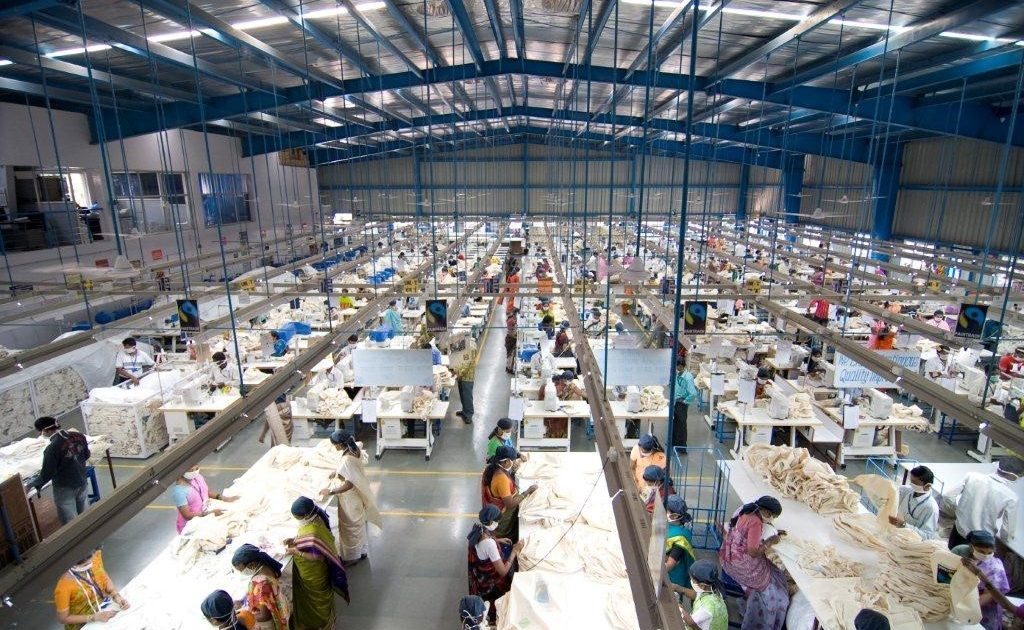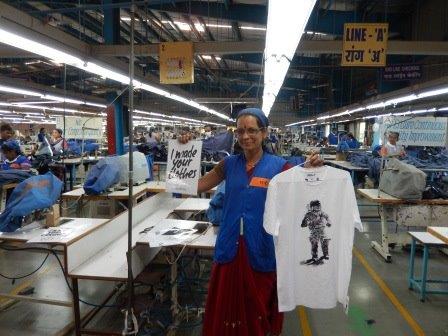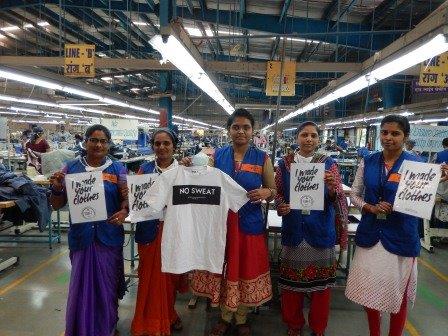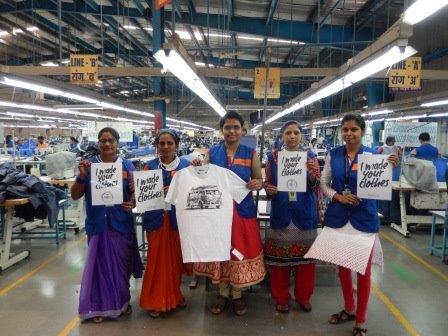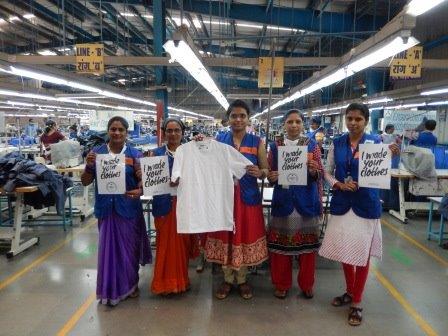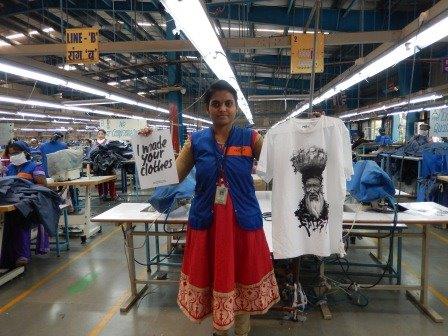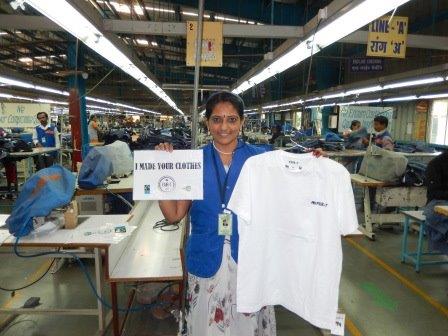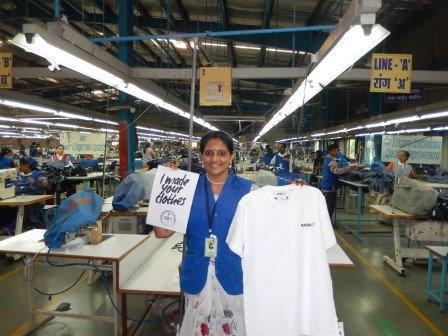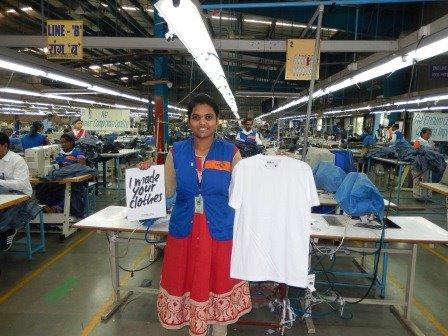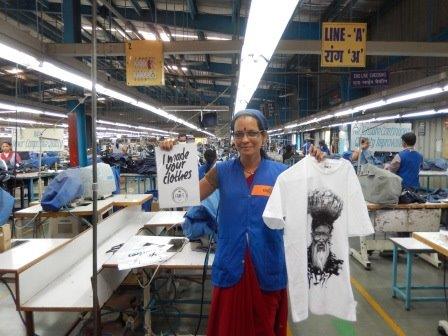Esteam story
Esteam Apparel was established in 1994, by the Mehta family in Mumbai, India
In 1999, the company began working with a women’s cooperative in Miraj, Maharashtra which owned the factory where its products were produced. The female-only co-operative was formed in election year by a local politician to help local females out of rather destitute conditions.
The co-operative was to give the ladies a safe, secure working environment which would enable them to earn a decent wages in decent working conditions. Esteam provided the cooperative with orders and trained the workers.
However, within a few short years the politicians had disappeared along with funding for the project. Noticing the probable discontinuation of the co-operative, Esteam stepped-in and offered the female workers the opportunity to carry on working in the garment business and in their local area.
In 2004, Tariq Marfani, who for many years has been Esteam’s largest customer, acquired 50% equity in Esteam which enabled a new site and purpose-built state-of-the-art factory owned by Esteam. The main selling-point to the workers is that this factory would be like no other in the area – it would be operated as one not just India’s, but Asia’s leading ethically-sound garment manufacturing sites.
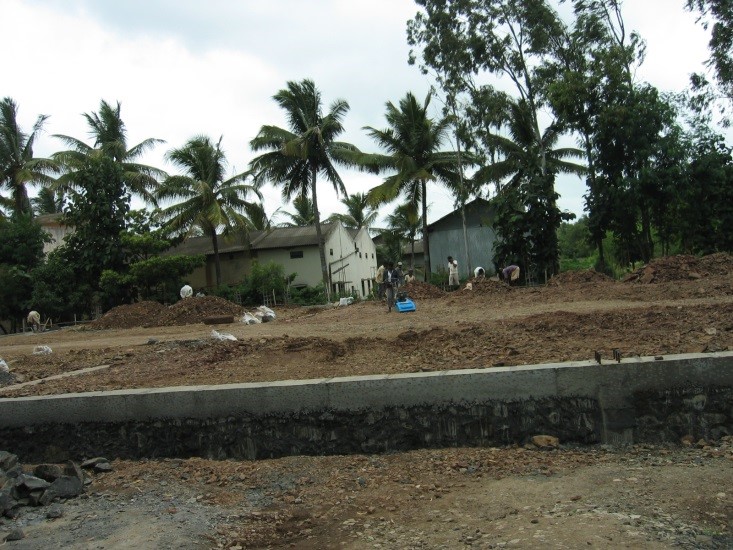
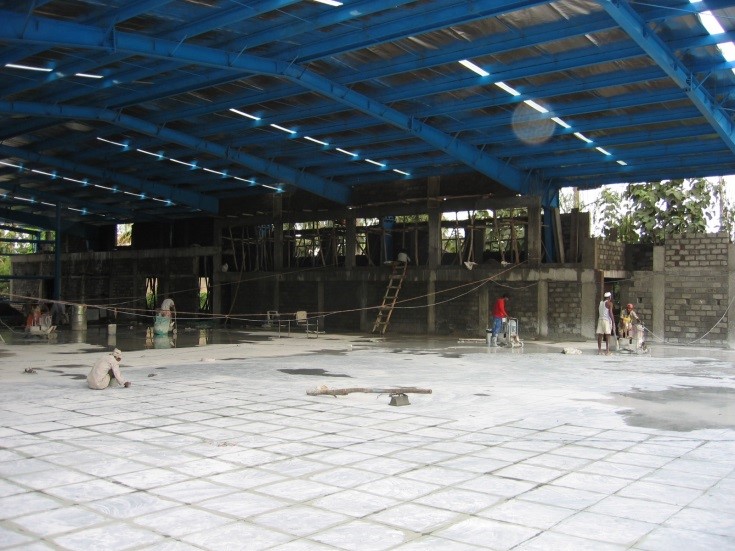
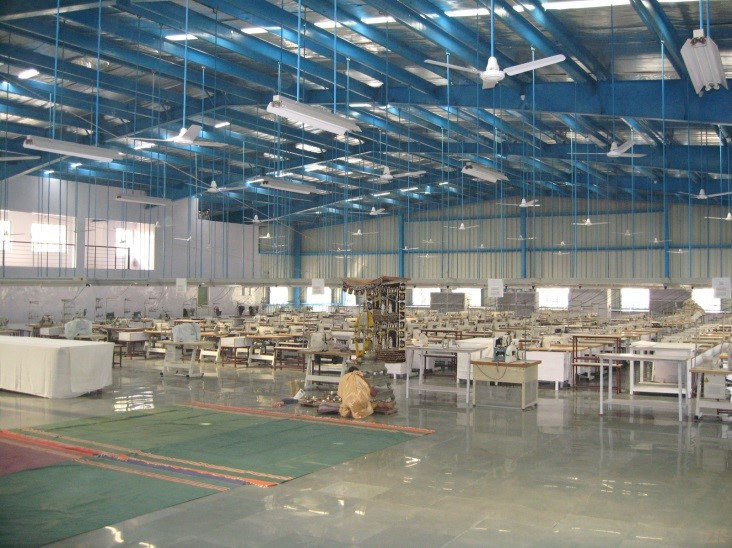
2007. Before and after of new Esteam factory
Although sceptical at first in the change in circumstance and having to work alongside male co-workers, the co-operative agreed to a 3-month trial in the new company. The new Esteam factory opened in 2007 and after the 3-month probation period, a meeting was held to discuss the thoughts of the co-operative’s original workers and the future of the co-operative. It was a resoundingly positive outcome with 100% of the co-operative workers wishing to stay with Esteam.
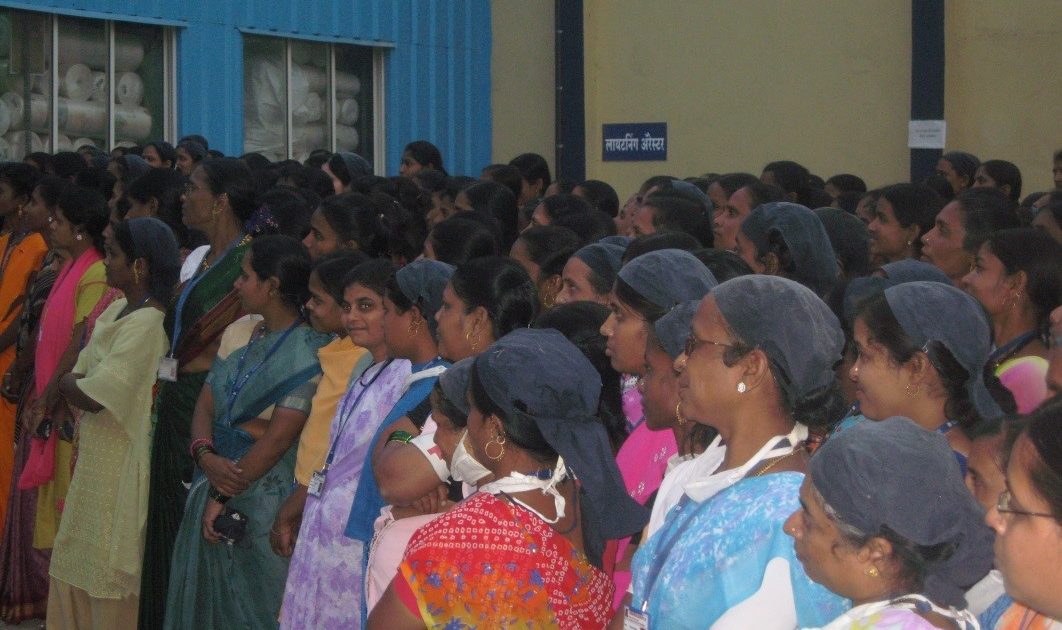
In 2008 Esteam opened a European office in Manchester, UK to handle customer-care, sales & marketing, and onward logistics. Both Esteam Apparel and Esteam Europe are registered with the Fairtrade Foundation and have achieved various ethical and workplace accreditations.
The Miraj factory is still open, and in 2012 it celebrated its 5th anniversary with many of the original co-operative workers still employed at the site.
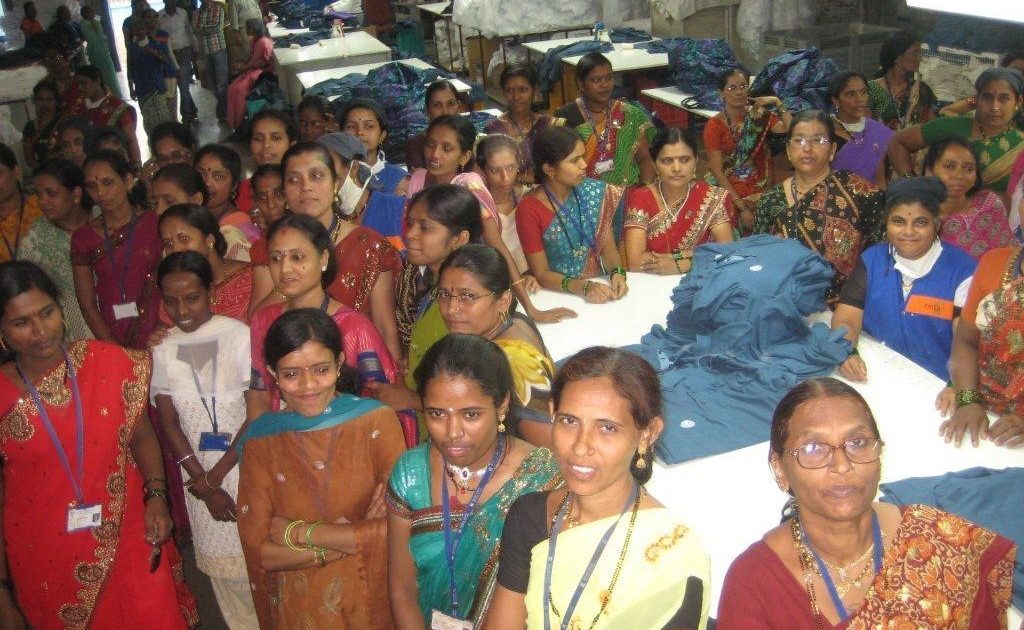
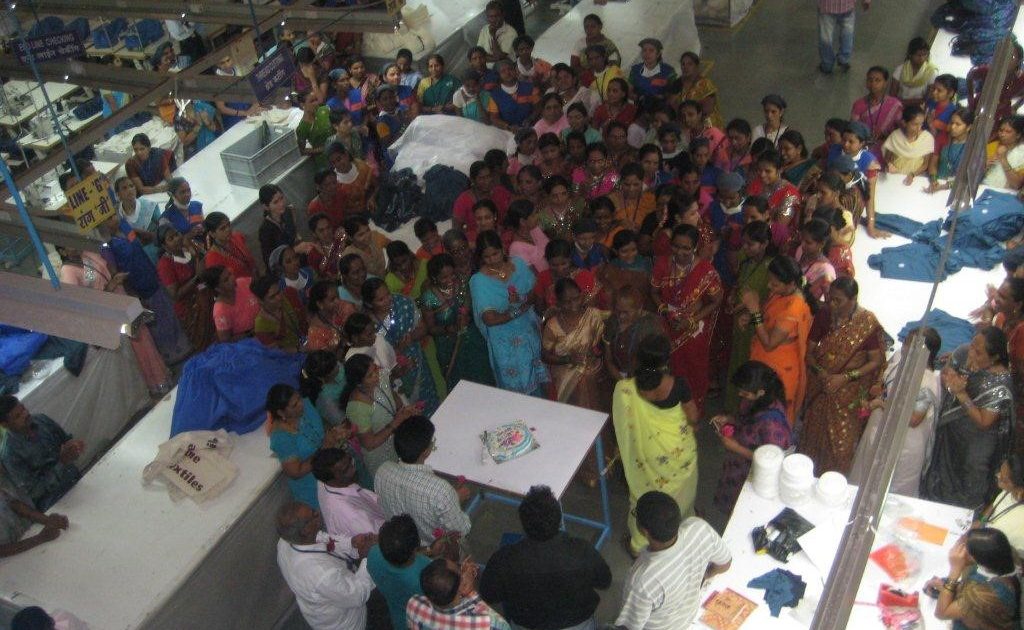
2012 – 5th year anniversary of new Esteam factory in Miraj
